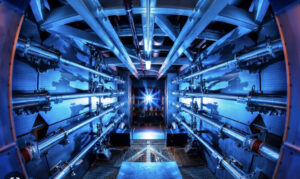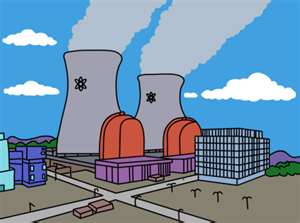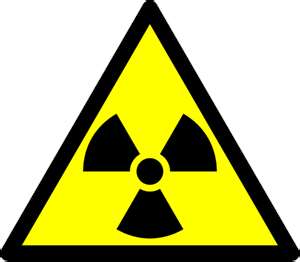I’m a bit of a buff when it comes to nuclear energy and a recent story racing through the internet involves a breakthrough in Nuclear Fusion.
I’m not going to get into a highly technical discussion about Nuclear Fusion or even the details of this particularly breakthrough. If you want to know more then please click the link above for a thorough and excellent article discussing the breakthrough and the challenges that lie ahead.
Free Energy
In this situation the headlines blared about an important breakthrough in nuclear fusion that promised endless and almost free energy. This is a concept I’ve talked about before. The possibility of such a thing is tantalizing and the effects on our world all but incalculable.
The Breakthrough that Isn’t
The problem with the blaring headlines and ridiculous promises engendered by them is it really isn’t the breakthrough people imagine. Yes, it’s an important breakthrough on the way to potentially using controlled nuclear fusion to generate energy. The problem is it’s nowhere near what is necessary to provide energy. Much more energy was used to create the nuclear fusion than was generated by it.
This is a problem with misleading headlines. A regular feature of mine that I’ve let slip the last couple of years. In any case, this story is not what people imagine and that’s the problem.
In this case the misleading headline is technically true but practically false. Again, for a full discussion of why this is the case, click the link provided.
Ramifications
Now I get to the point of this blog. What are the ramifications of publishing information about a breakthrough when many people will completely misunderstand the issue? Is it a dire situation? Not really. Most people will misunderstand the breakthrough but there is largely no practical problem with this confusion.
Controlled nuclear fusion is not coming anytime soon, if ever and no headline or personal belief on the matter will change that.
However, there is great potential for harm. Let’s imagine some fast-talking con-artist out there who wants your money and promises to make a fantastic, easy to build, nuclear fusion reactor. Lots of people give money to that person who spends a few years spouting out false promises only to fail to deliver in the end. What if that fast-talking con-artist manages to convince people in government; local, state, and federal, to give her or him a huge amount of tax-payer funds? What if that person becomes the richest person in the world or just merely a billionaire?
I think you see the problem. Con-artists love this sort of story in the same way they love conspiracy theories. It gets people excited and thinking irrationally. A fool and his or her money, as the saying goes.
What to Do?
My solution is almost always the same. Teach critical thinking skills at every level of education starting in preschool. If you’ve spent time watching science videos about nuclear fusion then you’ll be skeptical the moment you see the breakthrough headline. You’ll immediately seek out other sources to confirm it and you won’t be taken in by Theranos, I mean a con-artist.
Conclusion
If something looks too good to be true, it is. I’m not the first to say as much.
Tom Liberman


